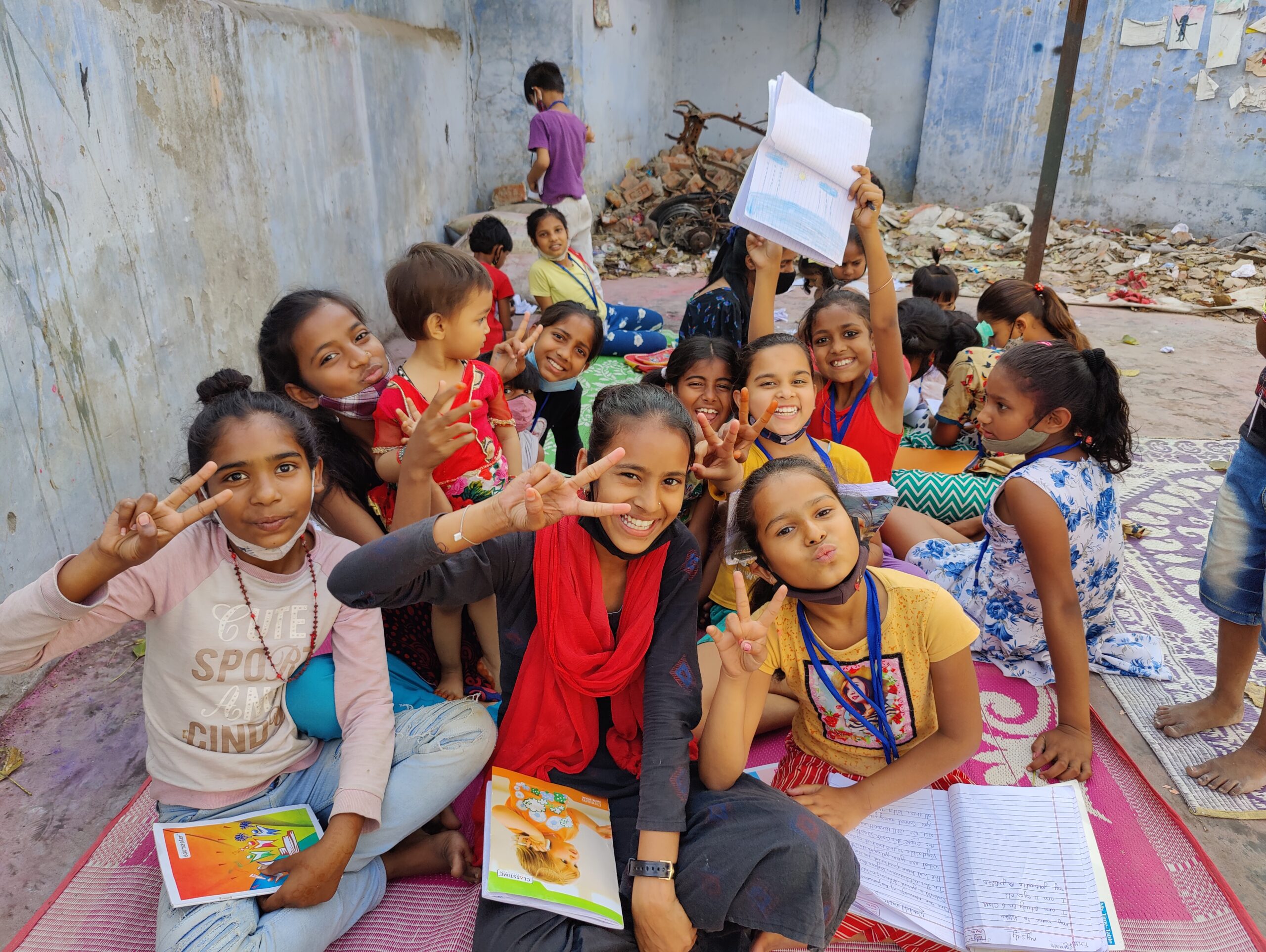Child Development
 Child development involves a range of physical, cognitive, emotional, and social growth that happens as children move from infancy through adolescence. Engaging children in fun, age-appropriate activities is an excellent way to encourage this development in a natural and enjoyable way. Here are some ideas to support each stage of child development with activities that make learning fun!
Child development involves a range of physical, cognitive, emotional, and social growth that happens as children move from infancy through adolescence. Engaging children in fun, age-appropriate activities is an excellent way to encourage this development in a natural and enjoyable way. Here are some ideas to support each stage of child development with activities that make learning fun!
1. Infant Development (0-12 months)
At this stage, babies are building their sensory awareness, motor skills, and beginning communication.
Tummy Time: This helps babies develop neck and shoulder muscles, which are foundational for crawling and motor skills.
Music and Movement: Singing to babies and encouraging gentle movements helps them respond to rhythm and sound, aiding auditory development.
Mirror Play: Babies love to look at faces, and mirrors are a great way for them to see expressions, fostering social and emotional growth.
2. Toddler Development (1-3 years)
Toddlers are learning to walk, talk, and explore their environment with more independence.
Sensory Bins: Fill bins with safe objects of different textures, like rice, pasta, or cotton balls. Sensory play helps develop fine motor skills and cognitive growth.
Story Time with Actions: Interactive storytelling (clapping hands, stomping feet) enhances language skills and physical coordination.
Simple Puzzles: These help with problem-solving and cognitive skills while also improving fine motor skills and hand-eye coordination.
3. Preschool Development (3-5 years)
Preschoolers are gaining social skills, fine-tuning motor abilities, and developing a more complex understanding of the world.
Pretend Play: Encourage dress-up, kitchen play, or mini “grocery stores” to support social skills, imagination, and emotional understanding.
Outdoor Exploration: Nature walks, collecting leaves, or observing insects teaches them about science and the environment.
Art and Crafts: Simple activities like finger painting, cutting with safety scissors, and drawing help with creativity, fine motor skills, and self-expression.
4. School-Age Development (6-12 years)
School-age children are developing advanced motor skills, academic foundations, and complex social interactions.
Board Games and Card Games: Games like Uno, Monopoly, or chess encourage strategic thinking, math skills, and patience.
DIY Science Experiments: Simple experiments, like baking soda and vinegar volcanoes, teach scientific concepts and enhance problem-solving skills.
Sports and Team Activities: Soccer, basketball, or even group dance encourages teamwork, physical fitness, and coordination.

5. Adolescent Development (13+ years)
Teens are refining social skills, complex thinking, and preparing for more independence.
Cooking or Baking Together: Cooking involves math, following instructions, and planning—essential life skills for growing independence.
Debate and Discussion: Friendly debates on topics that interest them encourage critical thinking, empathy, and communication.
Creative Writing or Journaling: Writing can be a fantastic outlet for self-expression, emotional processing, and creative thinking.
Tips for Fun and Effective Child Development Activities
Follow their lead: Observe what activities or toys your child enjoys and build from there.
Encourage open-ended play: Activities that don’t have a set outcome—like building with blocks or drawing—stimulate creativity.
Give praise and encouragement: Positive reinforcement boosts confidence and motivation.
Limit screen time: Hands-on activities encourage more engagement and active learning than screens.
Each of these activities supports different aspects of child development, encouraging well-rounded growth through interactive, enjoyable play.
-
Time:
8:00 am to 12:30 pm
-
Date:
November, 2024
-
Category:
Education, Health, Medical
-
Location:
Uttar Pradesh, India
